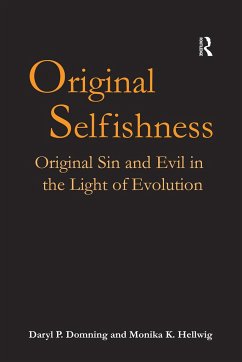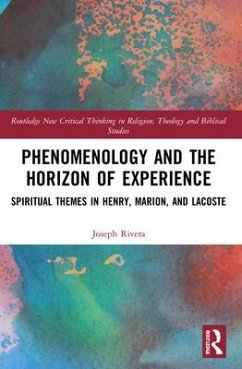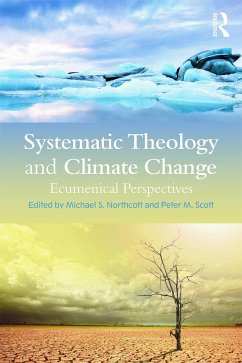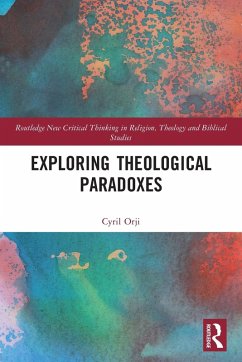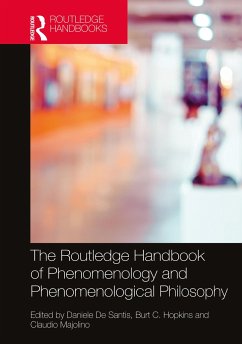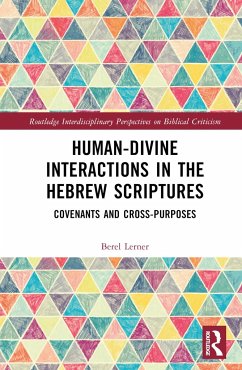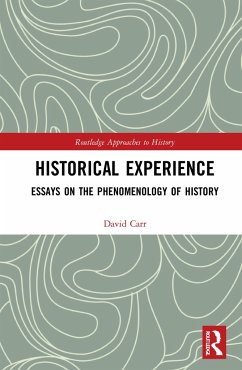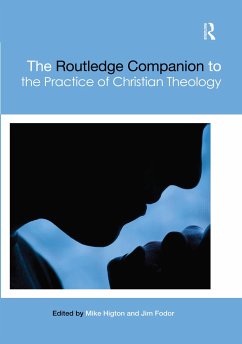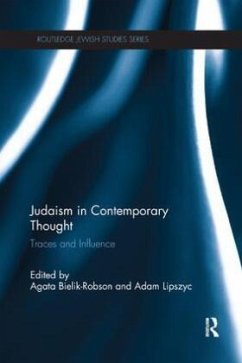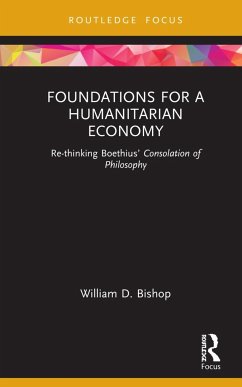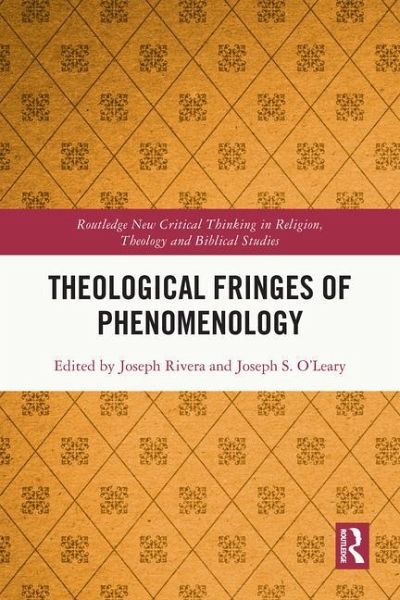
Theological Fringes of Phenomenology
Versandkostenfrei!
Versandfertig in 6-10 Tagen
154,99 €
inkl. MwSt.
Weitere Ausgaben:

PAYBACK Punkte
77 °P sammeln!
This book focuses on the relationships between phenomenology and theology, which have been varied and complex but seem currently in an inconclusive and loosely defined state. Methodological rigor is not much in evidence, and the two disciplines continue to defy any authoritative synthesis. While both disciplines grapple with questions concerning the fundamental structures of human experience, their relationship is troubled by the elusive roles of Revelation and faith, which threaten the scientific autonomy of philosophy on one side and disable theologians for consistent philosophical discourse...
This book focuses on the relationships between phenomenology and theology, which have been varied and complex but seem currently in an inconclusive and loosely defined state. Methodological rigor is not much in evidence, and the two disciplines continue to defy any authoritative synthesis. While both disciplines grapple with questions concerning the fundamental structures of human experience, their relationship is troubled by the elusive roles of Revelation and faith, which threaten the scientific autonomy of philosophy on one side and disable theologians for consistent philosophical discourse on the other. This volume revisits that conundrum from various perspectives, as it at once repristinates some of the most vibrant points of encounter and opens possibilities for new beginnings. It begins with the theological musings into which leading phenomenologists have been drawn from the start, with special reference to Husserl, Heidegger, and Michel Henry, as well as backward glances to Fichte, Schelling, and Blondel. A second section takes up specific theological themes and examines how phenomenological approaches can refine thinking on them. These include the Incarnation, the Resurrection, the Eucharist, Grace, and Prayer. A dialogue between phenomenology and classical theologians is staged in the third section: Augustine, Pseudo-Dionysius, Eckhart, and Karl Rahner. The closing section ranges more widely, discussing atheism, non-realist theology, and Hinduism from phenomenological angles, and showing how these topics too come within the ambit of theology.




